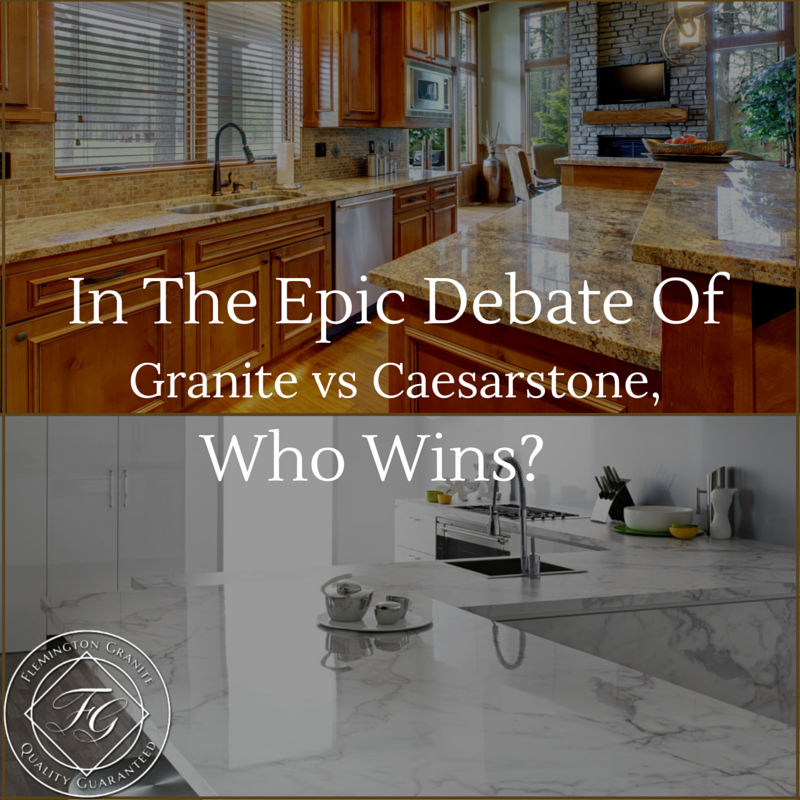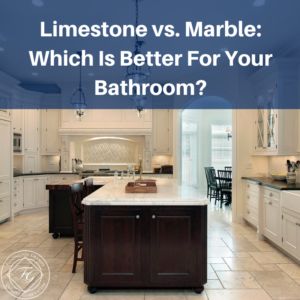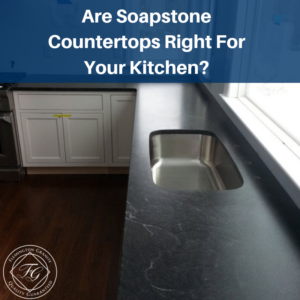
If you are getting ready to remodel your kitchen, you’ve likely encountered the two schools of thought regarding whether granite or Caesarstone is a superior choice for your kitchen countertops. While granite floors and counters are beautiful and durable, lasting for thousands of years in some historic buildings, some homeowners and builders prefer Caesarstone instead.
There are pros and cons involved with each choice, and when it comes down to the time in which you will make your choice, the decision really will depend on you and your stylistic preferences.
Maintenance requirements of granite vs Caesarstone
Caesarstone is a type of engineered stone countertop that is made by combining 93 percent quartz particles with hard resins. The resins work to bind the stone particles together. The result is an extremely dense material, far more so than the more porous granite. This means that a kitchen that uses Caesarstone countertops will not require the application of sealants.
By contrast, granite will need to be sealed at least annually for the best protection. If you skip sealing it, you risk the integrity of your countertops. Granite that has not had its annual sealing may start absorbing liquids and potentially be stained over time as the sealant wears off.
Color and textural differences
Both granite and Caesarstone will enhance any type of kitchen. They are each available in numerous textures, patterns and colors. Quartz countertops have pigment that is added during the manufacturing process and can be colored throughout. Granite will come in its own natural colors and styles.
Granite lovers feel that having that natural look that granite provides is irreplaceable. Those who love Caesarstone instead tend to point to its uniformity as the deciding feature for them. No matter which type you choose, both are beautiful and within the same range of price.
Caesarstone and granite resist scratches, dents, gouges and heat, and both will last a lifetime if proper care is taken. Granite and quartz countertops both come from natural stone although Caesarstone has additional manufacturing steps. While they are both exceptionally hard, quartz slabs are slightly heavier and harder than granite slabs.
Granite is stunning and its natural look is hard to match. In most cases, however, granite is not uniform in its appearance. If you want a uniform color for your countertops, Caesarstone may be a better choice for you. If you instead prefer the unique and beautiful look granite can provide, you can’t go wrong by choosing it instead.
While some people will continue to debate about which is the better choice, designers agree that the best option is the one that meets the individual’s needs and stylistic preferences. In order to determine which works better for you, you’ll want to look at slabs of both.






